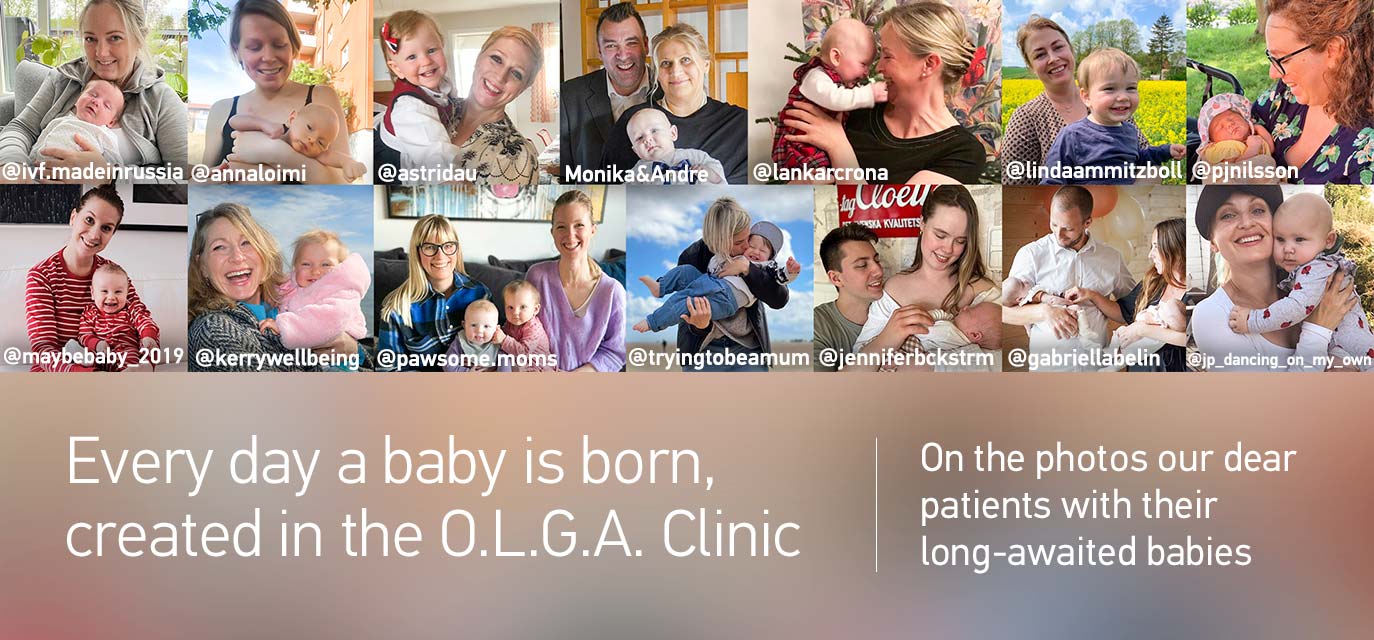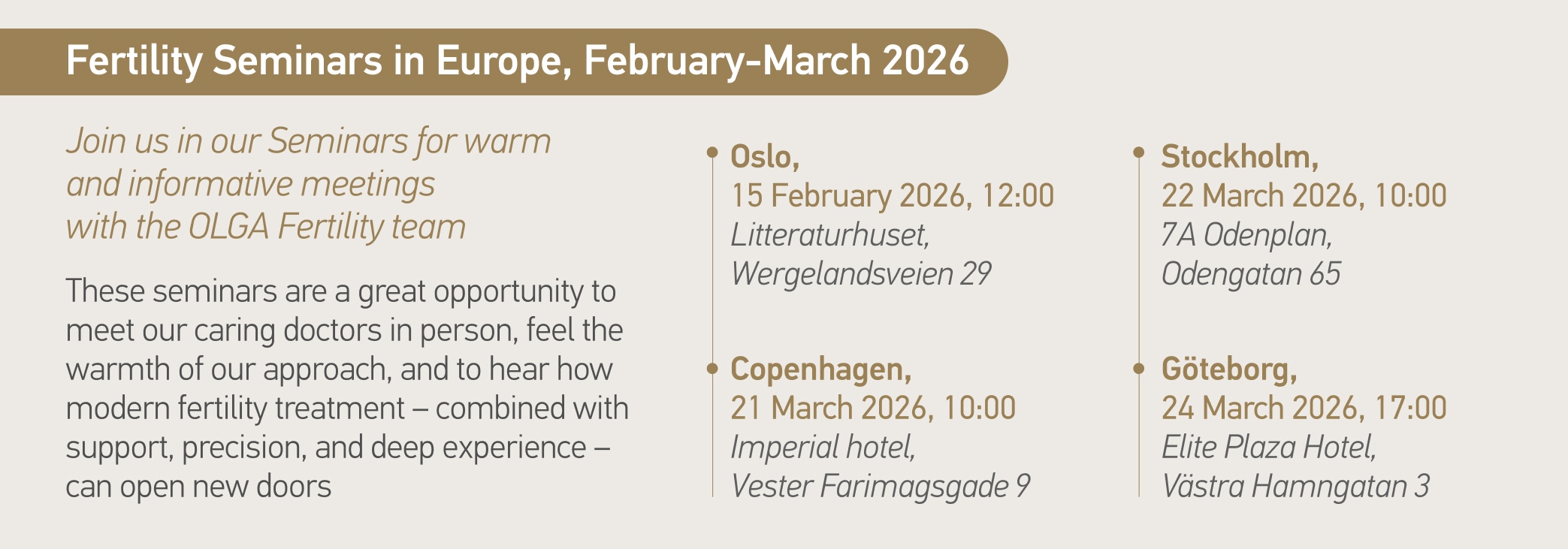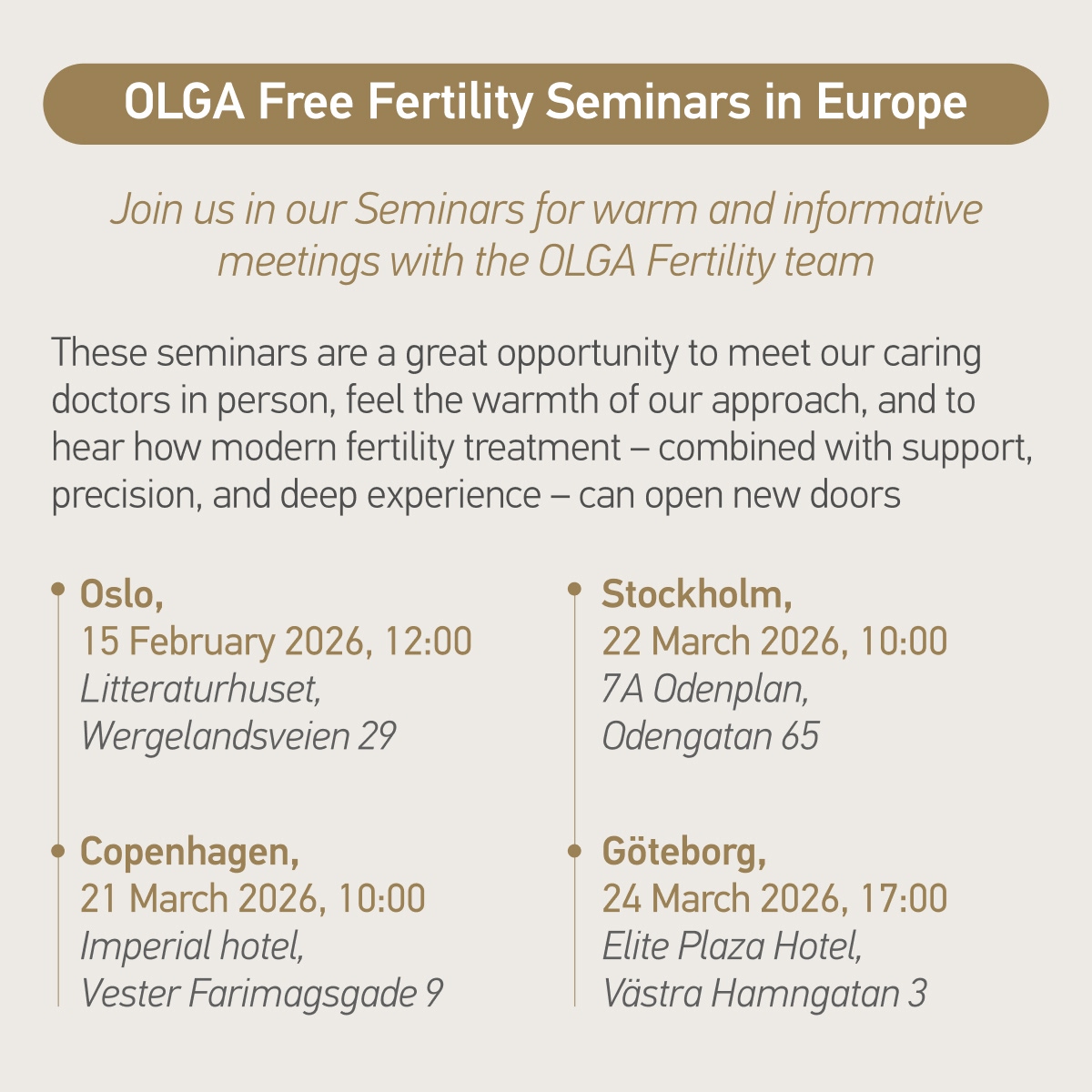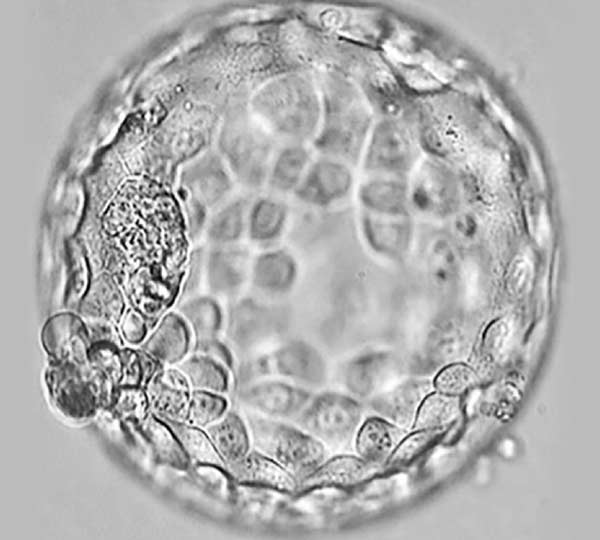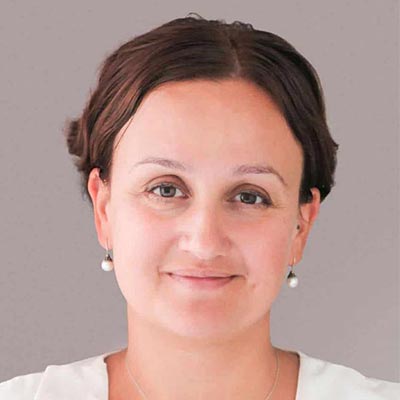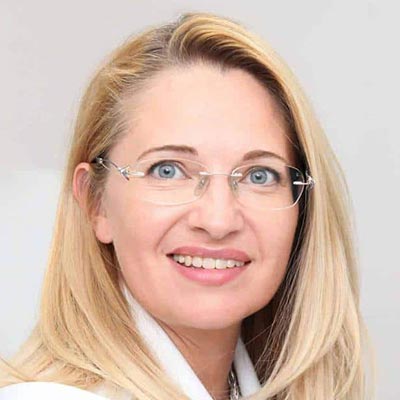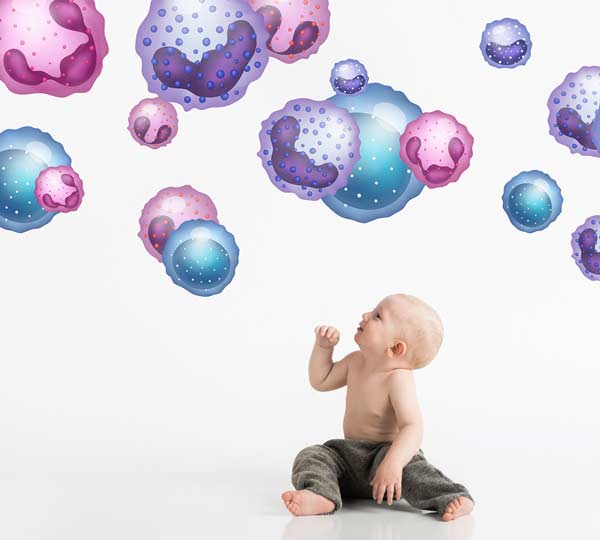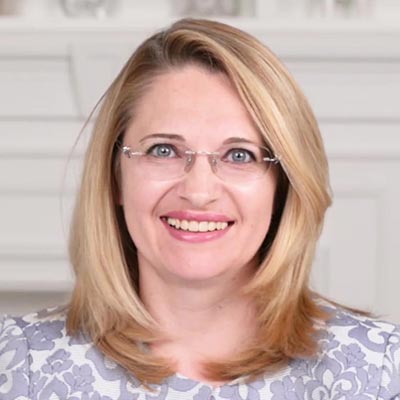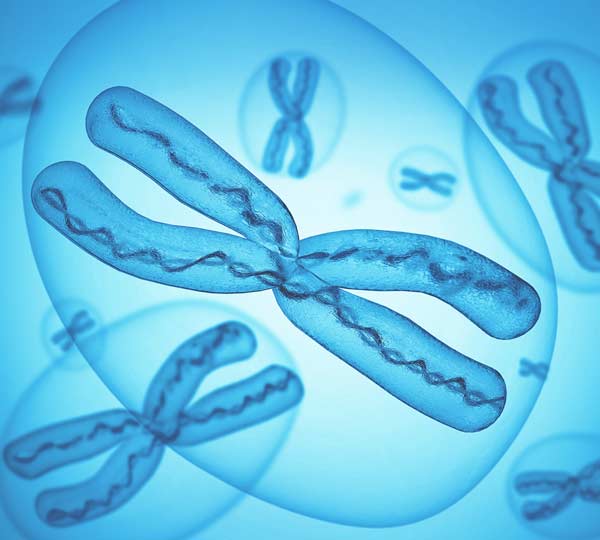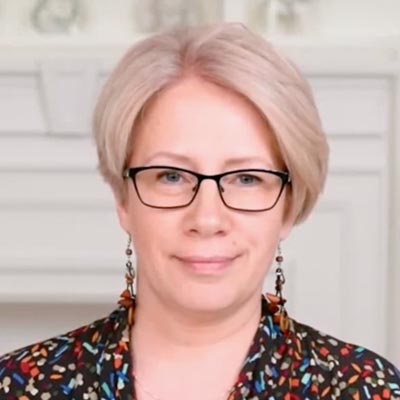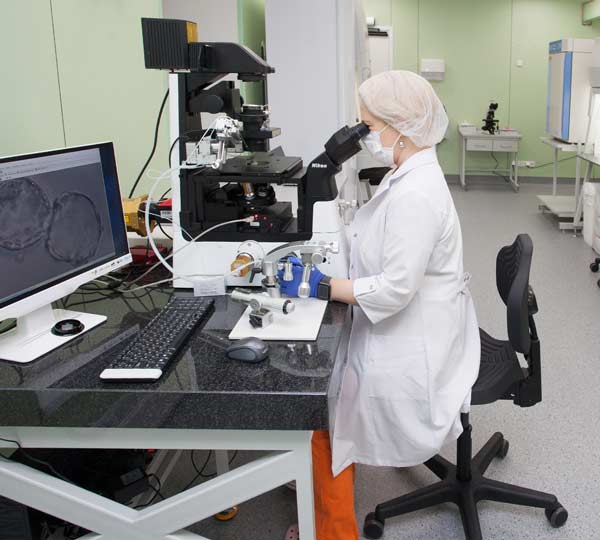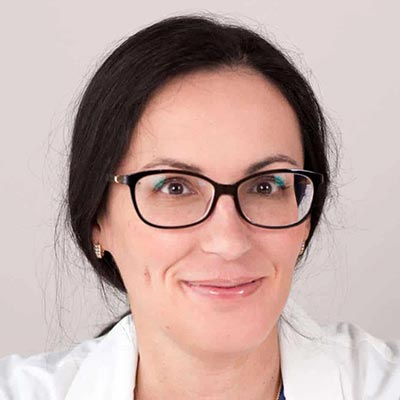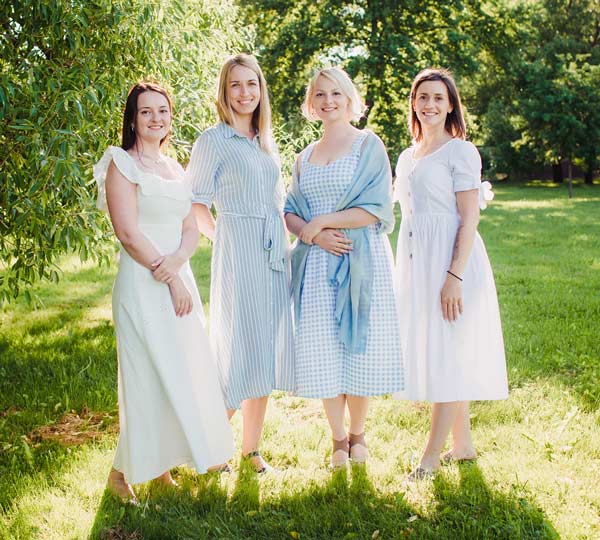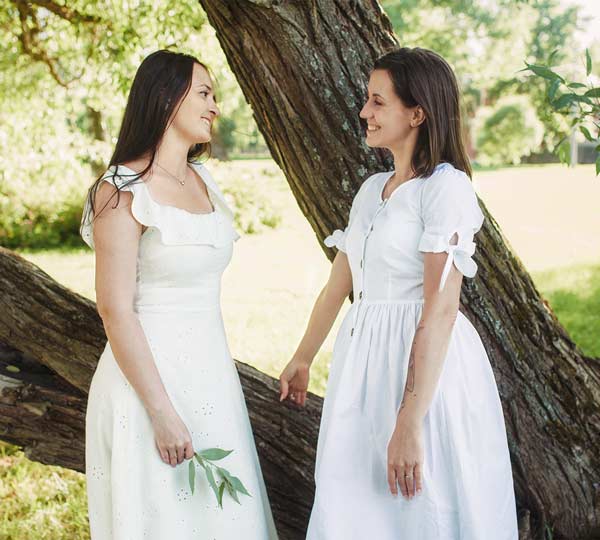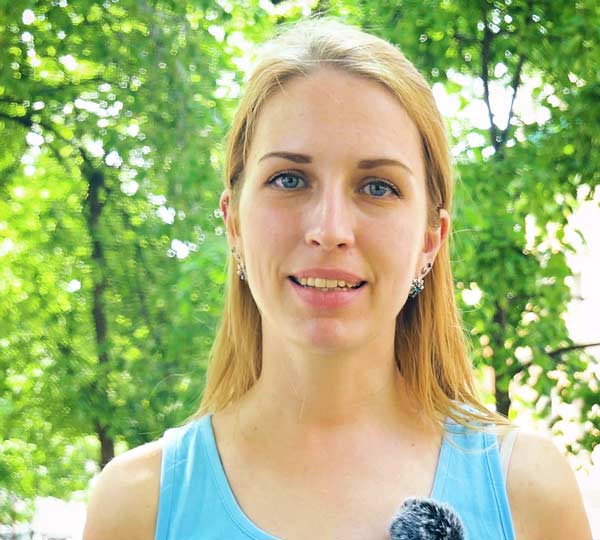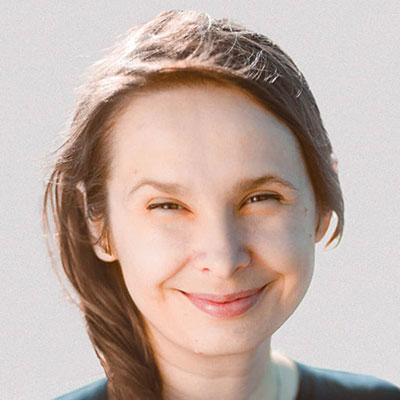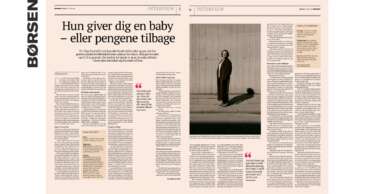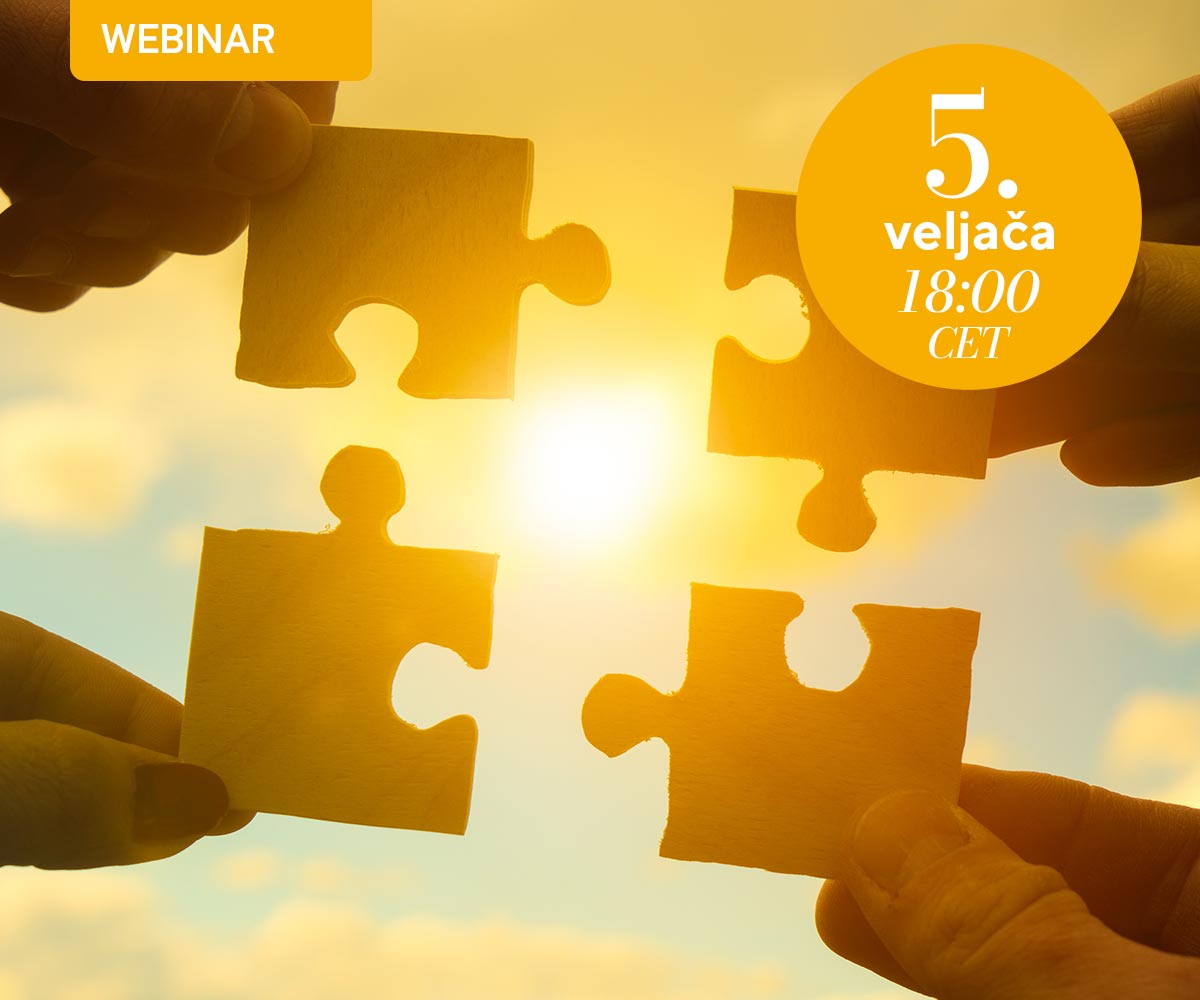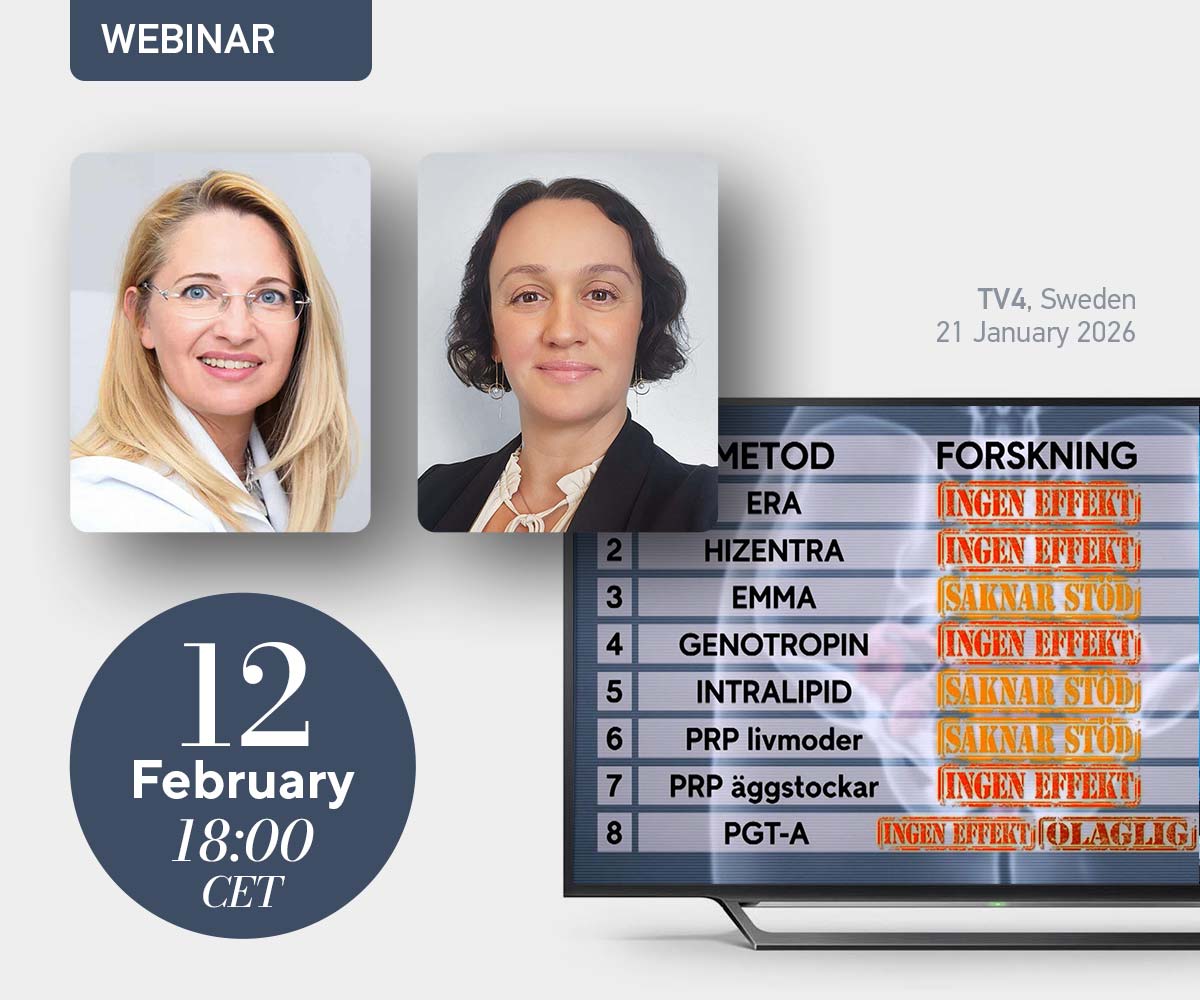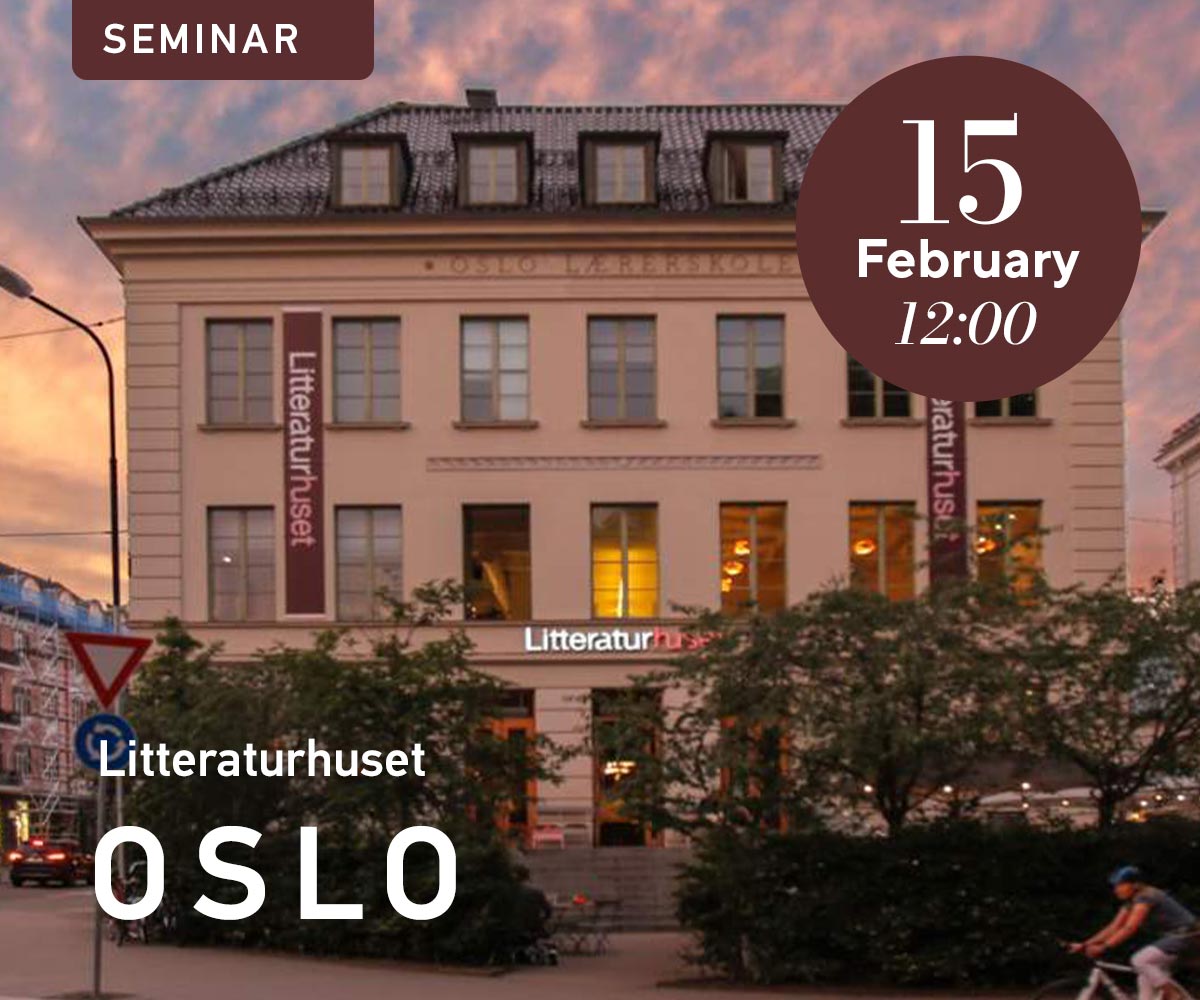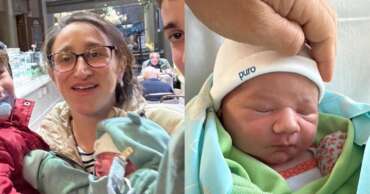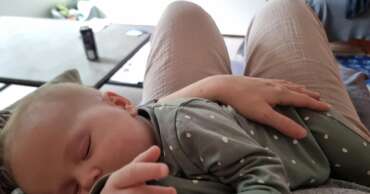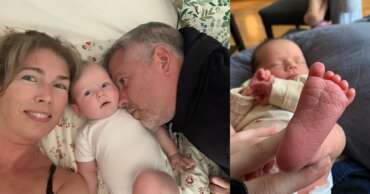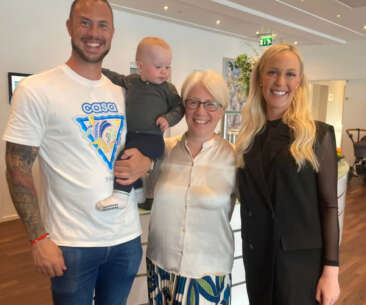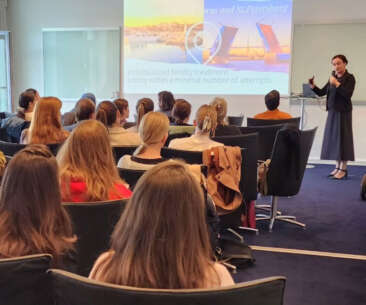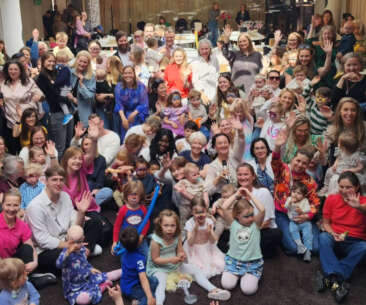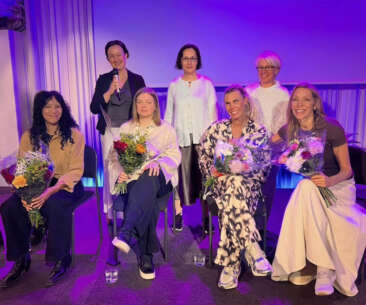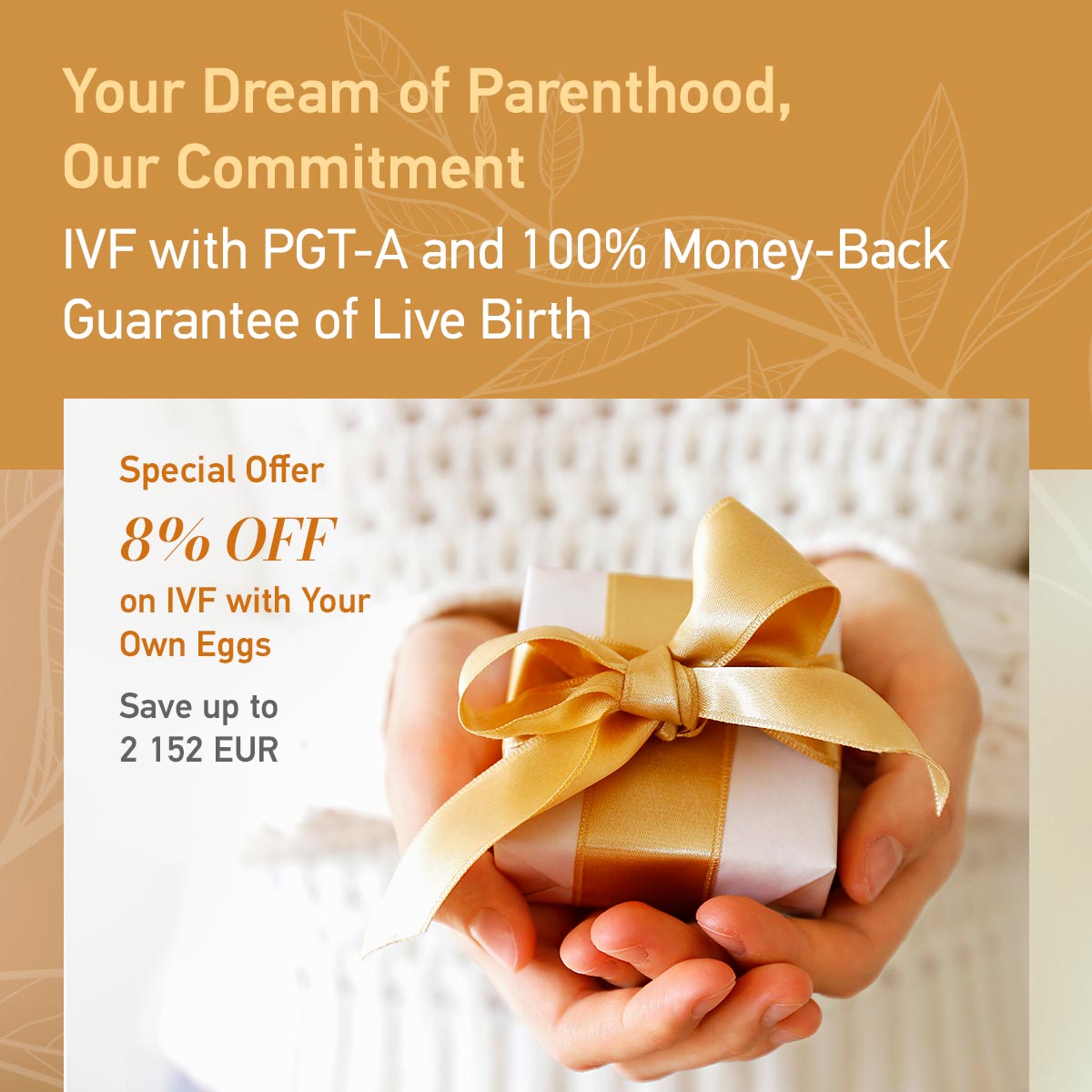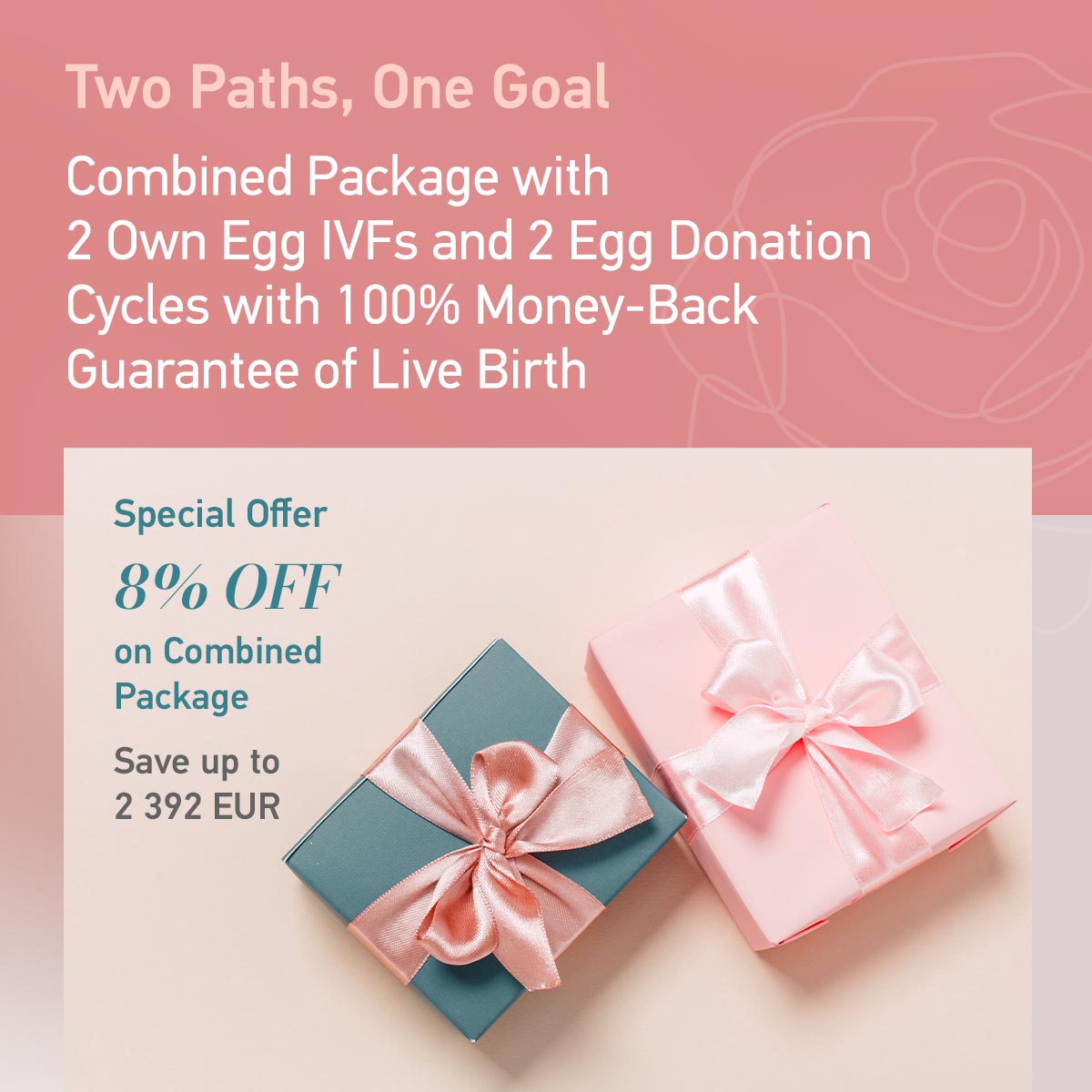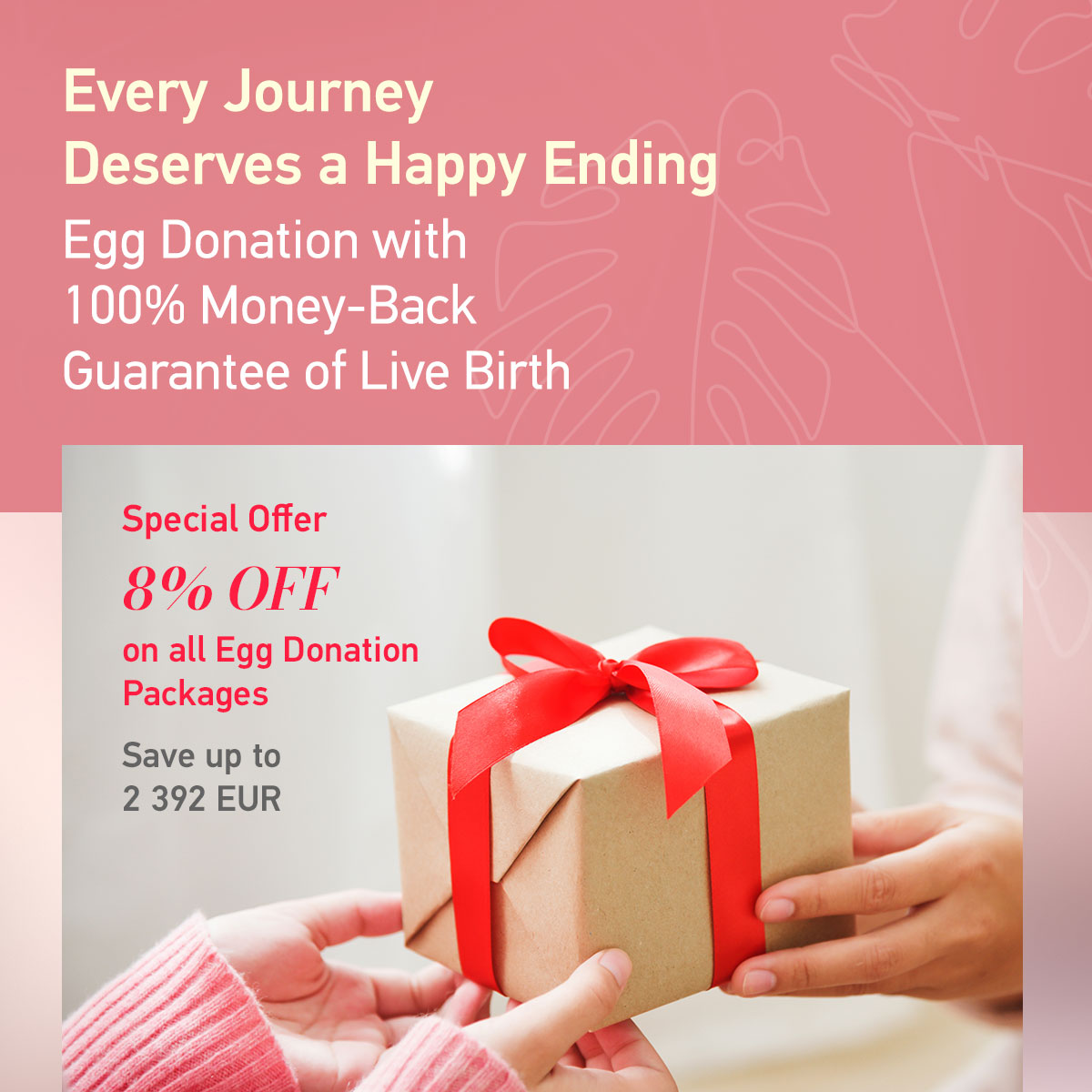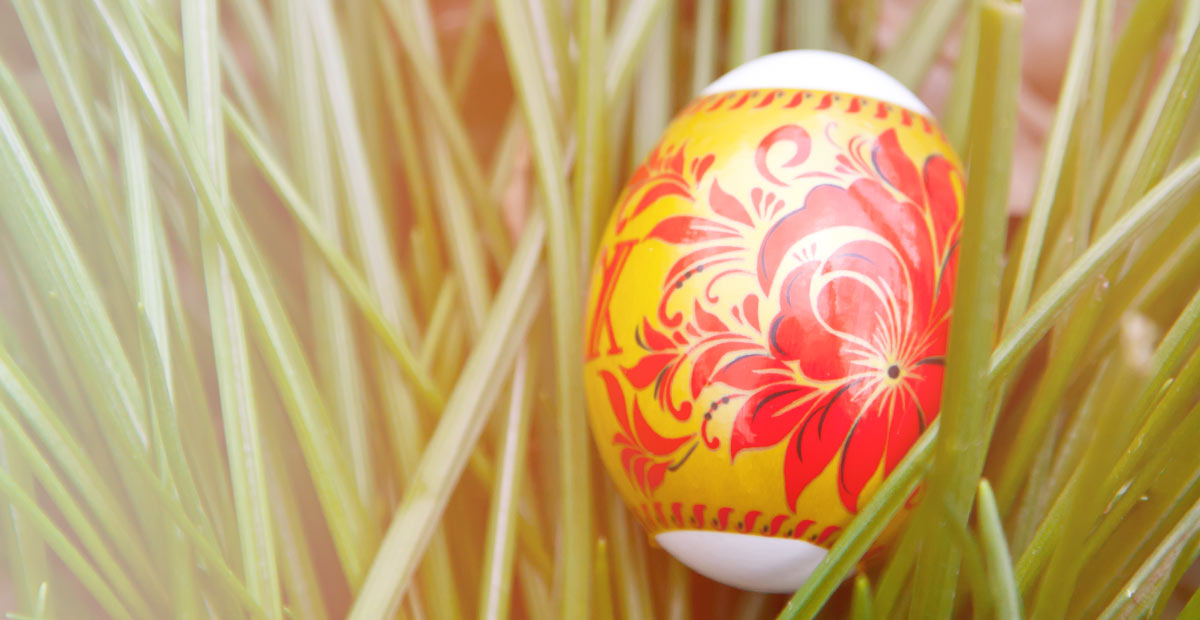
Not all countries allow women to donate eggs. Russia is one of the most liberal countries in Europe when it comes to legislation relating to egg donation. Donor anonymity is guaranteed, and donors may be compensated by clinics. This means that it is possible for us at O.L.G.A. Fertility Clinic to maintain a database of egg donors who are available to offer their services to childless couples and single women.
The rules on donating eggs
Russia is one of the few European countries with no substantial legal restrictions on donating eggs. It allows anonymous egg donation as long as the donor is aged 20-35 and has at least one healthy child of her own. Donation by a known donor is also allowed, for example when the donor is a female relative or acquaintance.
There are of course regulations that all Russian fertility clinics such as O.L.G.A. Fertility Clinic must follow. For example, the personal data of donors and recipients must be stored securely, and are subject to medical secrecy. The medical secrecy regulations also mean that identifying information about a patient may not be disclosed to an anonymous donor, or vice-versa. We treat the regulations regarding anonymity with respect. Furthermore, no information about the fact that a child was conceived via egg donation will be disclosed by O.L.G.A. Fertility Clinic to the child. We believe this is the best way to protect parents, the donor and the child. It is entirely your decision what you decide to tell your child.
However, egg recipients do have the right to know some information about the person who donates eggs. This includes some of the donor’s relevant medical details, a description of her appearance, and her nationality. To preserve the donor’s anonymity, no photo is given to the patients. Doctors at O.L.G.A. Fertility Clinic are allowed to have photographs of donors, and can compare these to the photographs of the egg recipient in order to make a good match. We also meet all our donors personally, and offer recipients the opportunity to meet us personally before making a match.
Under Russian law, married Russian couples who have given informed consent for fertility treatment are registered as parents of a child born as the result of that treatment. This includes children born as a result of donated eggs. In most European countries, the woman who gives birth to a child is regarded as the legal mother.
Many clinics throughout Europe have very restrictive age limits for egg recipients. Some clinics even refuse to treat women aged over 40. At O.L.G.A. Fertility Clinic, we accept egg recipients up to the age of 51.
Overcoming the shortage of donor eggs
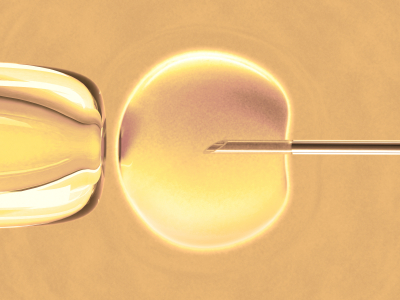
Some countries have attempted to overcome the shortage of egg donors by instituting ‘egg sharing’ schemes. This means that the eggs collected from one woman during IVF treatment are given to more than one recipient. This woman may be an egg donor, or she may be a patient herself. In the latter case, she has to agree to give up some of her eggs, usually in return for discounted or free treatment. Her own chances of successful IVF treatment may be compromised as a result of giving away some of her eggs. This is not allowed in Russia as IVF patients are not allowed to be egg donors.
At O.L.G.A. Fertility Clinic, we do not practice ‘egg sharing’ with egg donors either. Each egg donor is personally assigned to one egg recipient, who receives all the eggs from that donor. This increases the chances of success.


